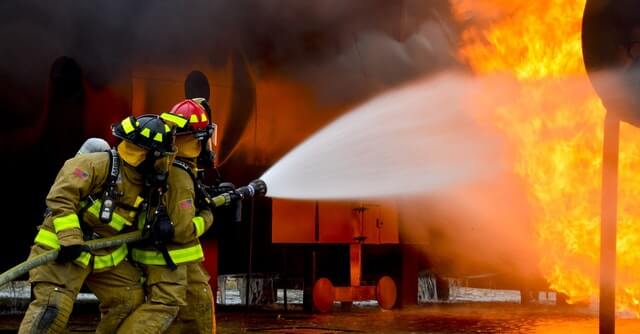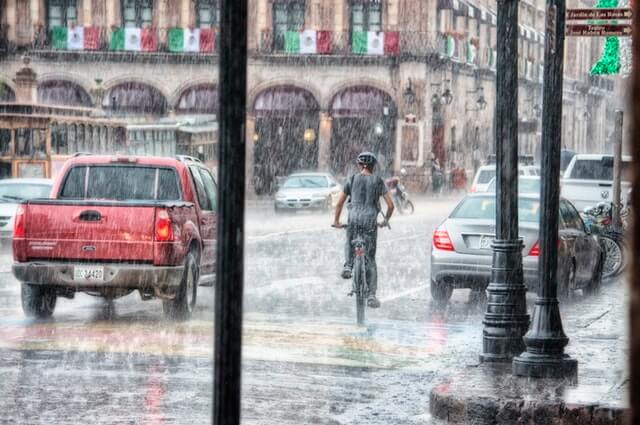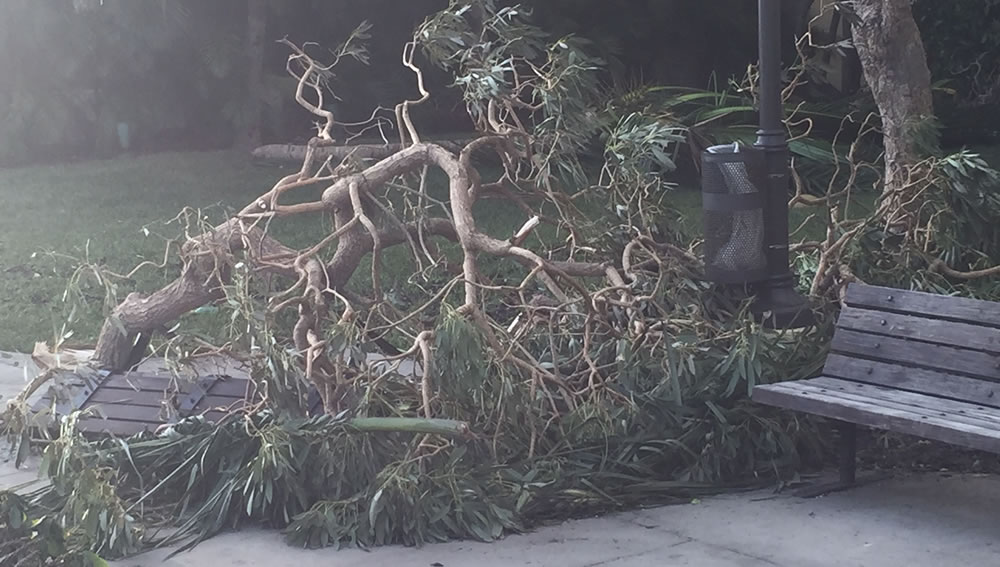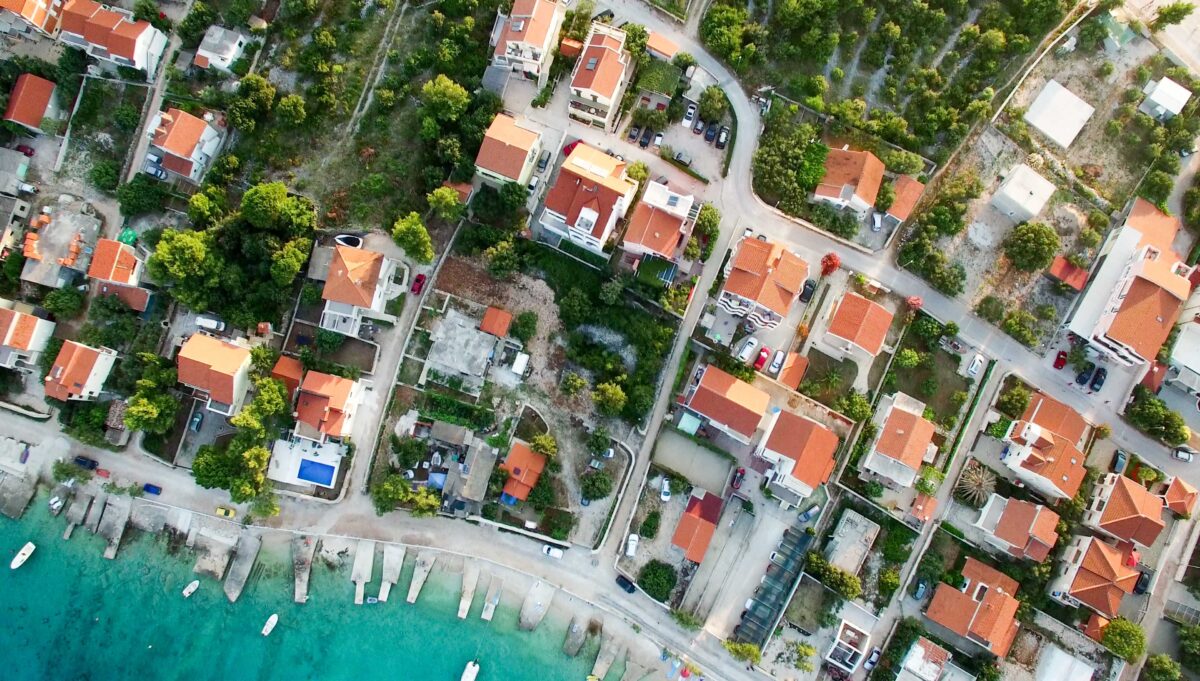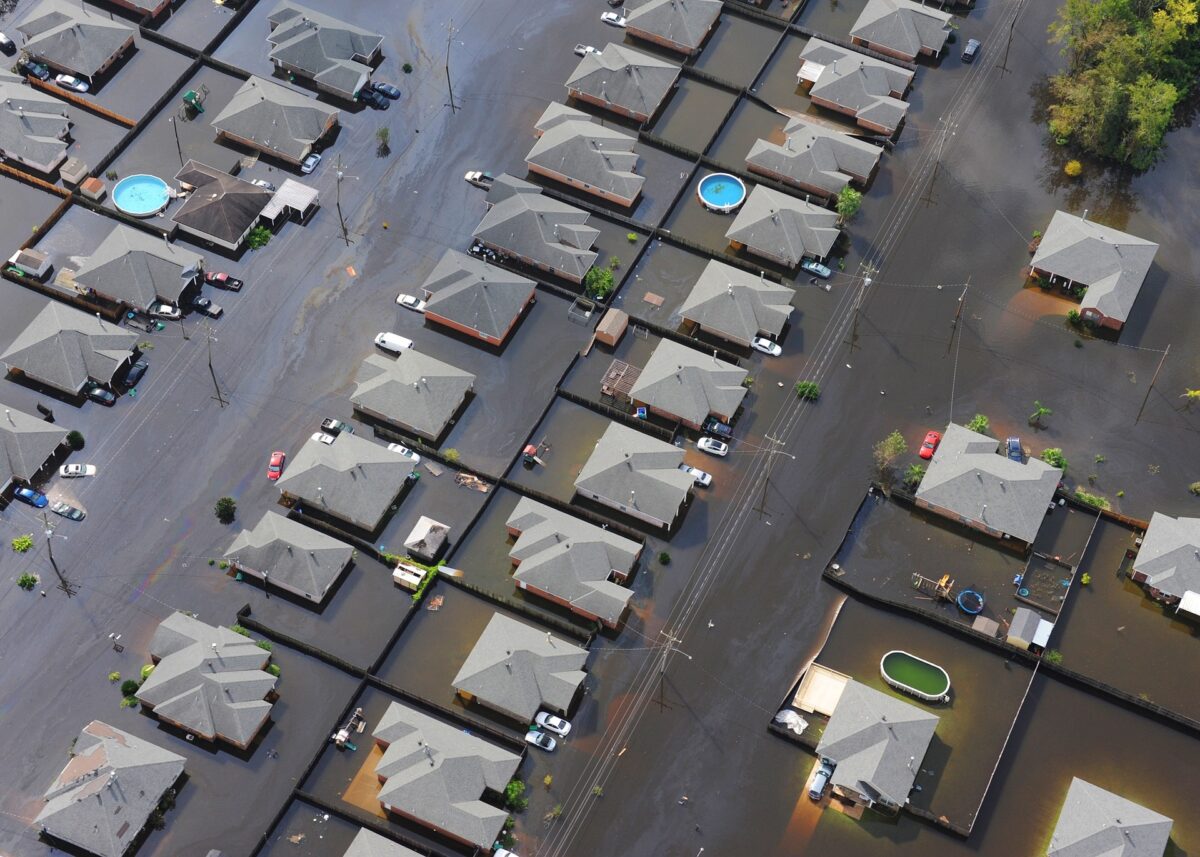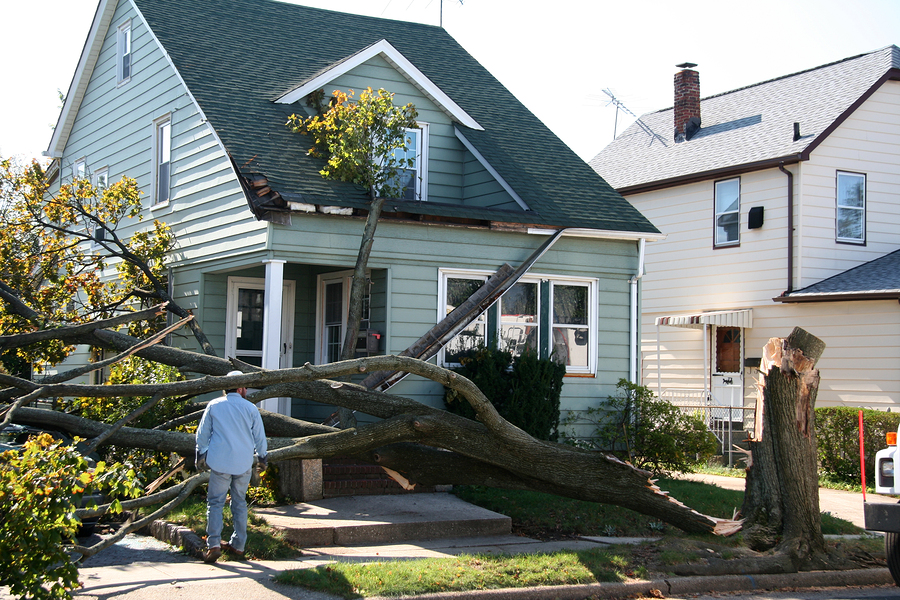Determining how much homeowners insurance coverage you need can be a difficult process, but if something should happen to your home, being as accurate as possible is definitely worth the time and effort it takes. If disaster hits, you’ll want to not only have enough to rebuild the structure of your home but also to replace belongings, to cover living expenses while you rebuild, and to protect you against liability. Here’s what you need to consider when buying homeowners insurance coverage: Factors That Will Impact How Much Coverage You Need A standard policy covers things like damage from storms, fire, and explosions. If flooding and earthquakes are common to the area you live in, you’ll need to purchase additional coverage. You’ll want to make sure that the coverage you buy is adequate to completely rebuild your home. If your coverage is based on your mortgage amount—as required by some lenders—be sure that the amount is equal to or greater than the cost to rebuild. To calculate costs, do some research on the following: The total square footage of the structure (or structures if you have multiple buildings) Local construction costs Once you have these two figures, simply multiply them for …
Don’t Have Fire Insurance? According to the Experts, You Might Need it
Does homeowners insurance cover fire protection to a sufficient degree? This is a question that every homeowner needs to ask because it’s often the case that policies are inadequate for the value of the home and possessions they cover. For those who dwell near the Florida Everglades, the risk of fire damage is especially high during the dry season, and while wildfires are only a single cause of house fires, last year’s wildfires in California could foreshadow a similar event here in Florida, according to fire experts. The Example of California Damage claims from the wildfires that swept through wine country in California last October reached upwards of $9 billion, the highest in the state’s history. The dry climate—30 inches of rainfall, annually—and mountainous terrain in California made containing the blaze difficult. Florida, which receives 50 to 60 inches of rainfall per year, is less at risk for catastrophic fires, though the dry winter this year increases that risk substantially. “Florida has a Mediterranean climate much like California and probably is the most fire-prone state in the Eastern U.S.,” Jim Karels, Director of the Florida Fire Service, recently told the Orlando Sentinel. “We are going to be looking at a …
My Business Interruption Insurance Won’t Pay: What Should I Do?
When you purchase business interruption insurance to cover your lost income following a disaster like Hurricane Irma, you expect your insurance company to be there for you. You hope that you’ll never actually need the coverage, but when you do, you want to know that you’ll be taken care of. Unfortunately, many people have reported that their insurance providers have denied their coverage even though their businesses had to close for days or even weeks. When things like this happen, it’s important to stop, think, and act to make sure your interests are being represented. Your insurance provider might think that it can get out of paying for your lost business because of a technicality, but if you are smart about how you do things, you might get the payout you deserve to support your business. Here’s what you should do if your business interruption insurance denies your claim: Keep Your Records Straight When you’re making a claim for business interruption insurance, you needs to show how your business was impacted. Usually, your physical property has to be damaged by a disaster in order to qualify for a claim. It’s important to document the damage extensively. Be sure to take …
Is Ceiling Water Damage Covered By Insurance? If Not, Do This
Is ceiling water damage covered by insurance? They may try to deny your claim. If they do, don’t hesitate to take these steps. If there’s anything we homeowners are familiar with here in Florida, it’s water damage from storms. When a leaky roof leads to damages to your home and your belongings, you hope that you can count on your insurance to cover the costs to replace and repair your home and your stuff. Unfortunately, it’s not always as simple as filing a claim and waiting for a check in the mail. Because homeowners’ insurance policies differ from person to person and the fine print of your policy can be difficult to follow, you might not be as protected as you think. So what should you do if your insurance won’t cover water damage from your leaky ceiling? Here are four actions that you can do now. Get Ceiling Water Damage Covered by Insurance Document Everything It is essential to document everything that you can to illustrate the extent and severity of the water damage from your leaky roof. Do this as soon as you notice the damage and as you notice more damage. Because water damage can go undetected …
Hurricane Irma Update: Property Damage, Now What?
Hurricane Irma Update – Although Irma Arrived in Miami At High Tide, Most Claims We’re Seeing Involve Wind Damage Within days of slamming into the Caribbean and south Florida, Hurricane Irma pushed further north today, into areas to which many of our neighbors had evacuated over the weekend. The large rain bands extended across the entire state of Florida, downing trees and signs, pushing boats ashore and tearing off shingles. The storm’s arrival at high tide caused flash flooding, most of which fortunately receded by later today. Hurricane Irma Update On Damage: Although Irma’s damage to Florida was not as great as the worst forecasts, almost three quarters of the state are still without power, and areas such as Naples and Jacksonville, as well as low lying areas of Miami, suffered flooding, standing water and downed power lines. The Florida Keys suffered the brunt of the damage. Portions of the road were washed out, and the rest was strewn with debris including sections of boats, jet skis and even appliances. “I just hope everybody survived,” Governor Scott said after flying over the islands today. “It’s horrible what we saw.” Hurricane Irma Update On Insurance Claims: Many of our clients have been …
How Do I Know If I Need A Property Insurance Attorney? 3 Things to Know Before Settling
Deciding whether to hire a property insurance attorney for your home insurance claim can seem like a tricky choice. In reality, though, it’s quite simple. Here in the Miami area, we see first-hand some of the worst home damage that this country has seen. From hurricanes to sinkholes, it seems that Mother Nature always has something up her sleeve. As an insurance litigation attorney, I deal with the fallout from these and other scenarios, and let me tell you—you do not want to go up against the big insurance companies alone. Even small regional insurance companies have the legal know-how to take you for a ride. Still don’t think you need a property insurance attorney? Here are three things to know before settling: If Your Home Insurance Provider Denies Your Claim Insurance companies are in the business of making money, so anytime they see an opportunity to not pay on a claim—perhaps by reinterpreting the legal language of your contract—they’re going to take it. When this happens, do not give up. Hiring a qualified insurance attorney to pursue your case will give you the opportunity to get the money that they owe you. If Your Home Insurance Settlement Is too …
Hurricane Preparation: What Did Hurricane Harvey Teach Florida About Planning Ahead?
The scene that many Texans witnessed may seem, at first, to point to the futility of hurricane preparation. The widespread destruction showed, if nothing else, that even those who took every precaution were subject to loss and injury. Homes destroyed. City streets filled with cars submerged. “If this is what happens, is storm preparation even necessary?” you might ask yourself. In the news, we hear more about the negative than the positive. Negativity is just better at attracting readers and viewers. But for every story of misfortune, there is also one of hope. Many of the positive stories to come out of Harvey’s aftermath are of brave men and women who prepared for the storm and risked their lives to help others. These stories demonstrate the importance of being prepared for the next storm. As Floridians, we know about the importance of hurricane preparation. We live it. But we still need a reminder, now and then, of the raw, unforgiving power that nature possesses. The devastation that Hurricane Harvey brought to Houston, Texas and the surrounding areas should be a lesson to us all. Stay safe, and prepare for the next hurricane with these guidelines: Basic Hurricane Preparation Know whether …
Does Your Insurance Policy Cover Your Roof? It Depends…
Here in Miami, we all probably know someone who has had to deal with the insurance companies over storm damage to their home. As we recently saw on Wednesday, August 2, even a relatively small weather system like Tropical Storm Emily (technically downgraded to a tropical depression at that point) can cause major damage. As the forecast is showing, we’re not done with hurricane season quite yet. Not even close, since forecasters are expecting an very active season as the waters warm up. Not surprisingly, one of the questions I get asked most often as an attorney whose cases often revolve around storm damage is “does my insurance cover damage that my roof sustains during a storm?” In fact, because the roof is susceptible to damage from high winds, hail, lightning strikes, and falling debris, one of my primary jobs as an attorney who handles insurance litigation is to get the insurance companies to cover the costs of various types of damage. You’d be surprised by what they try to get away with (or maybe not; they’re insurance companies, after all). While I’d like to be able to tell every single person who has asked me this question, “yes, your …
My Insurance Company Won’t Pay…Now What? How to Prepare for a Claim Denial
With the stormy season upon us here in Miami, the likelihood that you will need to file an insurance claim for damage caused by a hurricane or thunderstorm go up by the day. Insurance is supposed to give you peace of mind, and for that reason, any of your claims that get denied by the insurance company are all the more infuriating. It’s a common enough story. In the past 15 years, insurance companies have paid out more than $450 billion for damage done to property that is covered under their policies. Now that the numbers are in, those companies are trying to minimize their losses by looking for more ways to deny policyholders’ claims. Whether by finding legal loopholes or by simply rewriting policies to contain more claim exclusions, your insurance company has the advantage when it comes to winning a legal battle. What that means for policyholders is a repair bill that could lead to bankruptcy. Instead of being caught off guard when your insurance company refuses to repair your property after the next big storm, use these tips to get prepared: Document Your Property With today’s technology, it is so easy to document your property for insurance …
Insurance Denied My Claim. Now What?
If your insurance company denies your claim, is there anything more you can do? A good number of victims feel stranded when the insurance company says no. But take heart as it is certainly not over at that point. Remember that an insurance company is a business with a profit motive and if they can find a way to deny your claim it will help their financial performance. They will certainly interpret the language of the policy to their advantage. Your insurance company may deny your claim for one or more of the following reasons: A policy exclusion, for example the policy doesn’t cover that category of loss The claim wasn’t filed within a particular time limit The incident happened outside of your policy coverage dates However, when they do deny your claim they must provide you with a reason. They must also notify you of your right to challenge a claims decision as failure to do so waives other rights they have in the policy. There are times when an insurance company may not act in good faith. We have seen cases of insurance companies who have wrongfully cancelled a policy, raised premiums after a claim, delayed payment without …


